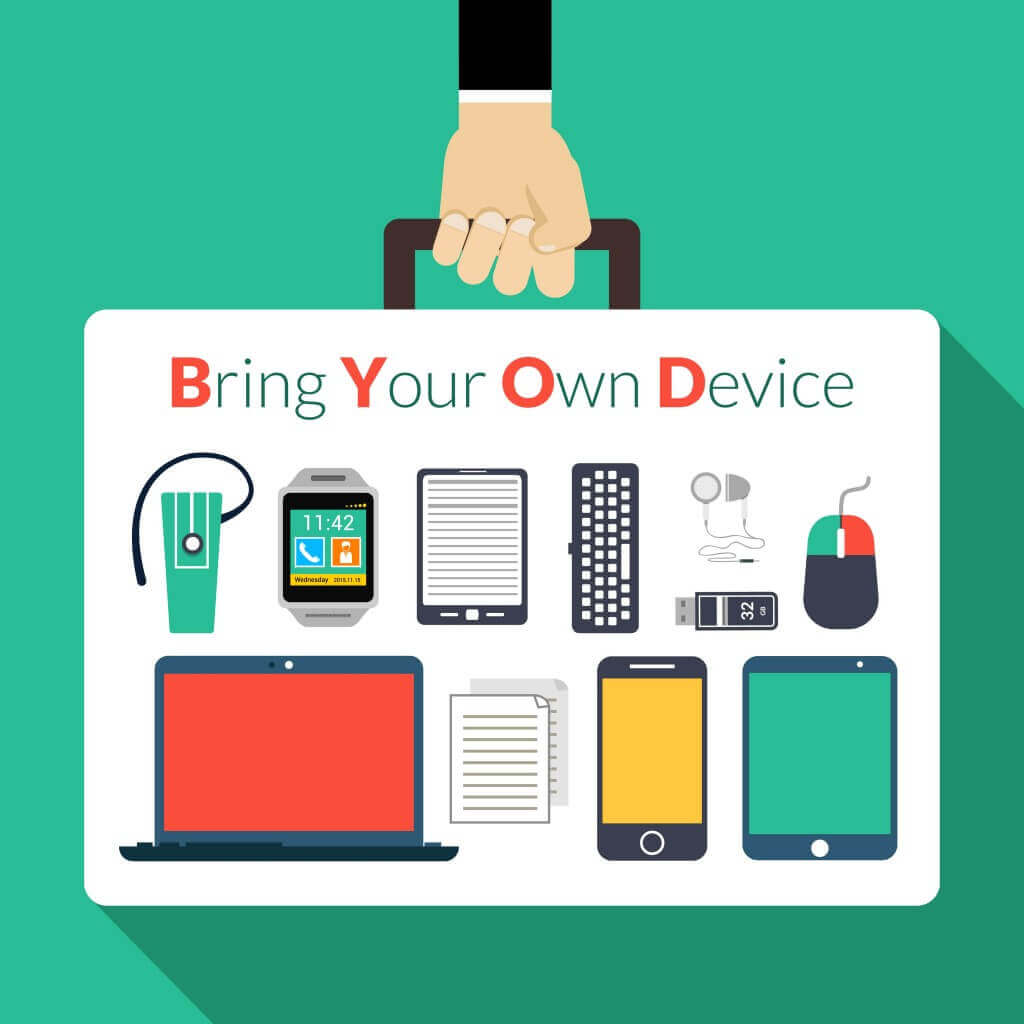BYOD: What it is And Whether Your Business Should Consider it?
BYOD: What it is And Whether Your Business Should Consider it?
You might have heard of BYOD and considered using it for your business, but not be entirely clear on what BYOD is and what it entails – or could entail – for your company. The acronym BYOD stands for “bring your own device” and lets employees put their personal smartphones, laptops and tablets to work use.
If your business is small or lacks funds for any other reason, you could feel particularly drawn towards BYOD because of the financial savings it would promise. However, you should be careful not to adopt a BYOD approach without considering what practical and security concerns it could bring up.
Also Read – How Ecommerce Web Development is Beneficial for Online Businesses?
The Financial Merits of BYOD –
These are among the most obvious benefits of BYOD, as your company would not be required to spend on technology many of your recruits probably already have. According to research noted in this article published by Samsung, 77% of Americans own – and always keep at close hand – a smartphone.
You probably don’t have to fret about your employees holding onto ageing technology for too long, either – as these people could often decide to buy new devices before that has a chance to happen anyway. Furthermore, employees are often particularly minded to look after devices when they know these belong to them rather than their employer.
The Balance Careers points out that, usually, employees are aware that, if they lose or damage a company-owned phone, they can just wait for the company itself to replace it. However, employees know that, if they lose or break a personal device, it’s them, the employee, who would have to foot the bill for a replacement.
Where the argument for BYOD often starts to unravel?
Unfortunately, while a BYOD policy could save your company money upfront and on device replacements, it could cost your business money in the longer term. This is largely because it can be harder for you to secure a device that you haven’t deployed to your workforce yourself.
For example, when one of your employees leaves your company, you will need to wipe any confidential data from their BYOD devices but not in a way that inadvertently deletes any of their personal information from these devices. How you will do this, if you can, is something you should think about at length in advance.
How easy would it be for you to monitor BYOD devices?
The mere attempt would doubtless pose various challenges. For example, whereas you could easily install a mobile device management (MDM) client onto a corporate-owned device before handing it out, many employees could be reticent about having such software downloaded to their personal devices.
However, for your organization, the task of managing a network of BYOD devices certainly isn’t beyond hope, provided you implement stringent rules and communicate these clearly to your workers.
If you want to limit which of your company’s apps each member of your team can access, you could even require that they use Wandera’s zero trust network access tool, which can be easily used with company-owned and BYOD devices alike.
Also Read – What Are Top 5 Profitable Niches to Make Money Online?





